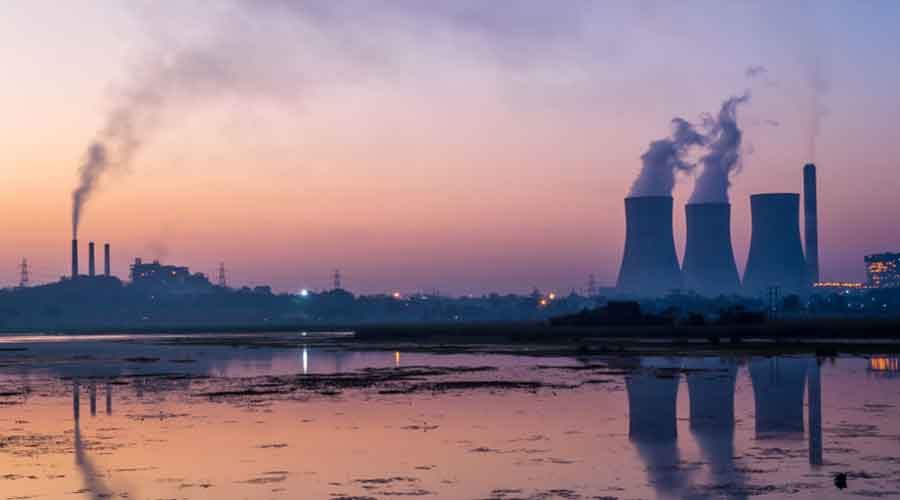Twenty countries, including the US, Britain and Canada, on Thursday announced they would stop public finance for the fossil fuel sector by the end of 2022 as part of efforts to hasten the world’s shift away from oil and gas.
The joint statement means its signatories — 20 countries and five financial institutions — will by 2022-end no longer fund infrastructure or other resources for the exploration, extraction or supply of fossil fuels.
The signatories have said they will prioritise a transition to clean energy, suggesting more funds will be available for the expansion of renewable energy sources.
Climate policy analysts said this was the first political commitment to address public finance for oil and gas after a wave of commitments to stop global public finance for coal.
The statement, if implemented, would shift more than $18 billion a year of government-backed support out of fossil fuels and into clean energy, Oil Change International, a non-government advocacy organisation campaigning for clean energy, said.
“We believe this pledge is the first domino to fall — with more to follow in the coming years — to move the world faster away from oil and gas to eventually consign them to history,” Laurie van der Burg, global public finance campaigns manager at Oil Change International, told The Telegraph.
India is not a signatory to the statement. Van der Burg said that India signing it would have been “very strong symbolically” as international climate finance involves both financing countries and recipient countries.
Oil Change International and the US-based Friends of the Earth have estimated that international public finance institutions and multilateral development banks from the G20 countries backed $188 billion in fossil fuels abroad between 2018 and 2020.
This was nearly 2.5 times the G20 or multilateral development bank support for renewable energy, which averaged about $26 billion a year.
Climate analysts believe that shifting public finance away from fossil fuels and into clean energy is an urgent task. The International Energy Agency has estimated that to limit global temperature rise to 1.5°C, there should be no new investments in coal, oil or gas beyond 2021.
“International public finance invested in fossil fuels is twice as high as (that) for clean energy,” Richard Florizone, president of the International Institute of Sustainable Development, said in Glasgow on Thursday during the release of the statement.
The signatories are Albania, Canada, Costa Rica, Denmark, Ethiopia, Fiji, Finland, The Gambia, Italy, Mali, New Zealand, Marshall Islands, Moldova, Portugal, Slovenia, South Sudan, Switzerland, the UK, the US and Zambia, and five financial institutions from Africa, Brazil, France and elsewhere in Europe.
Energy analysts have cautioned that while the transition to clean energy needs to be accelerated, some countries signing the statement continue to subsidise the fossil fuel industry within their borders.
“To be credible climate leaders, these nations must stop subsidising fossil fuels domestically and shift towards cleaner energy sources,” said Jennifer Layke, global energy director with the World Resources Institute, an environmental research think tank based in the US.












